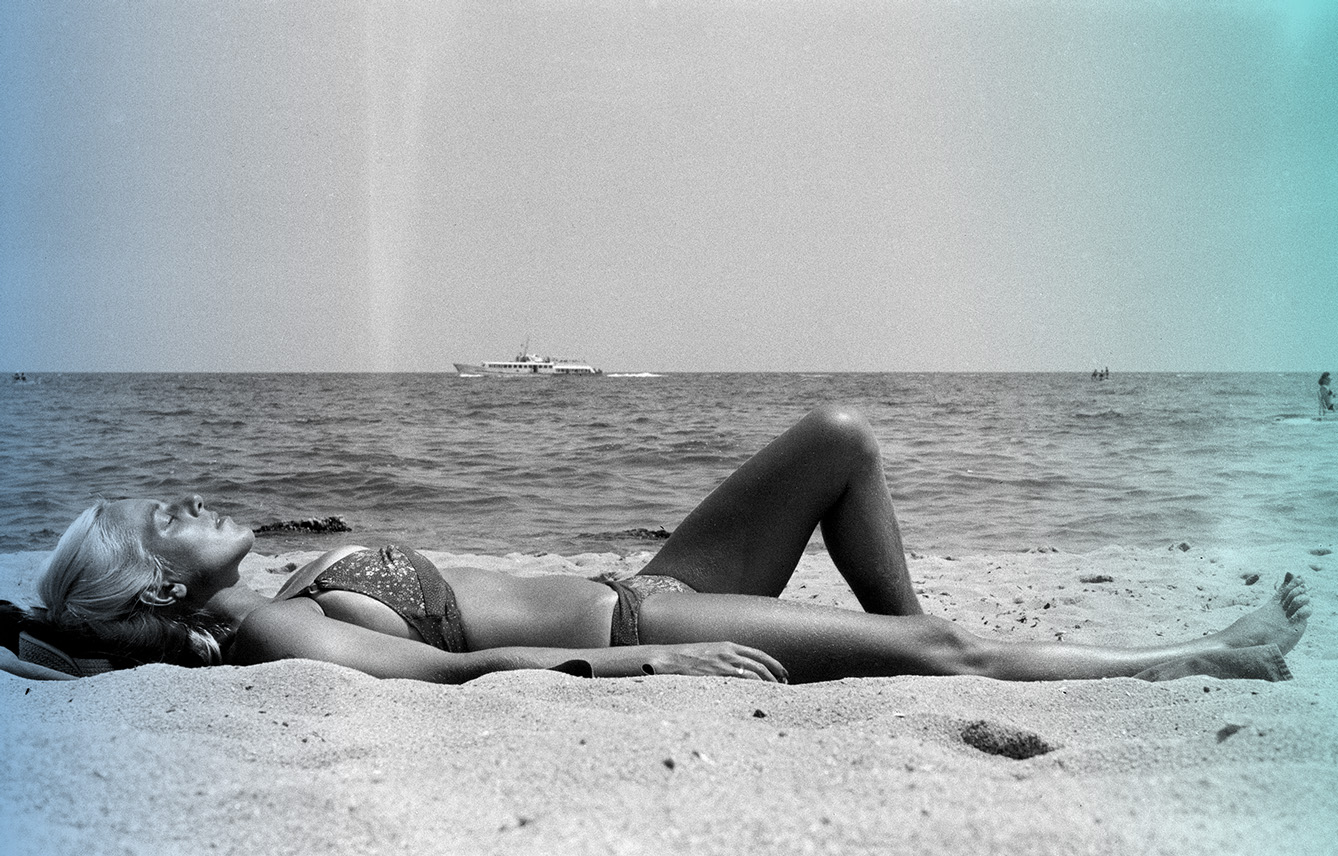Post-World War II, the People’s Republic of Bulgaria needed to make money to run their newly created communist country. Former business owners in Czechoslovakia expected compensation for their companies, which the communist state had taken over. The solution: in 1948, around 800 former business owners received reimbursement in the form of the first-ever, post-war, Soviet-organized holiday to the famed Bulgarian Black Sea coast.
Balkantourist: hotels in private mansions
To meet Soviet demands, the Bulgarians arranged to have guests accommodated in private homes, where hosts ran shared bed and breakfasts and were provided with extra food to suit the tastes of foreign tourists. Petur Doichev, a pre-war waiter at the famous Palma Café in Varna, a beach town on Bulgaria’s Black Sea Coast, was tasked with tuning Balkan cuisine to meet European standards. He met the challenge and fed nearly a thousand guests with only horse-and donkey-drawn carts and Soviet flatbed military trucks as logistical means.
Thanks to this success, Balkantourist, the soon-to-be leading communist tour operator, was established. Its main goal was to meet cash flow needs and create a – literally – sunny image of socialism. The agency began developing hotels and restaurants along the beaches of the Black Sea. Consequently, it quickly turned Bulgaria into the ultimate Comecon (the Soviet-led communist countries commonwealth) tourist destination and a shining example of Central Eastern European foods. In fact, Stalin’s fourth Five-Year Plan, ending in 1953, expected Balkantourist restaurants to serve almost 100 mln meals to incoming tourists.
Communist travel industry
Even through tough financial times in the 1970s and ’80s, Balkantourist maintained its leading role in the Eastern Bloc travel industry. Additionally, it sustained the image of Bulgaria as a country of innovative cuisine – probably the most important of all Doichev’s tasks. Millions of incoming tourists from all over the Eastern Bloc generally were refused travel to the West.
Instead, they had the unique opportunity to taste “international cuisine.” Such delicacies as a roast lamb leg or baked mussels often remained their only “exotic” food experience. Čevapčici, shopska salad, or tarator (cold, tzatziki-style cucumber-yogurt soup) became widespread substitutes for the flour-and-lard-based diet. This often remained their singular “exotic” food experience.







